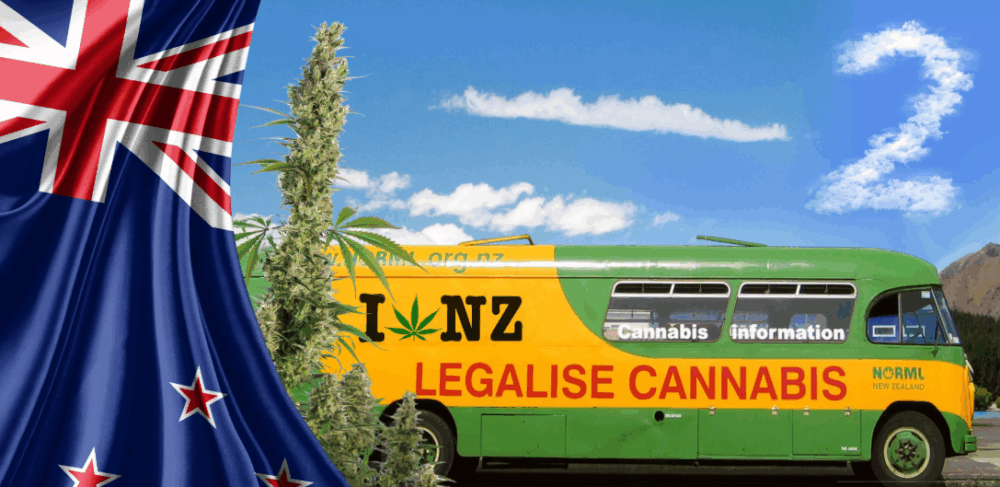New Zealand Grants First License for Medical Cannabis Distribution
The New Zealand government has issued its first license for the legal distribution of medical cannabis, marking a significant shift in the country’s approach to cannabis regulation. Historically, New Zealand has maintained strict laws against cannabis, with police regularly conducting raids on illegal plantations despite widespread public support for legalization. Under the Misuse of Drugs Act of 1975, the production, distribution, and use of cannabis have been strictly prohibited. Over the past 30 years, activists have repeatedly attempted to push for reforms such as decriminalization or the legalization of medical cannabis, but these efforts have largely been unsuccessful.
However, with the recent rise to power of a coalition government including the Green Party and Labour Party, the country’s stance on cannabis is beginning to change. The new government has promised to consider full legalization of medical cannabis by the end of the year. In late August, this commitment was demonstrated when the government granted the first formal license for the legal distribution of medical cannabis to a private company, Hikurangi Cannabis.
Hikurangi Cannabis Shifts Focus to Medical Production
Hikurangi Cannabis, the first company in New Zealand permitted to produce medical cannabis, is based in the small town of Ruatoria on the North Island. Named after a local Maori settlement, the company previously specialized in producing industrial hemp varieties containing CBD for scientific research. Now, Hikurangi is preparing to shift its focus to cultivating strains used for medical purposes.
According to company management, after receiving the license, construction began on a new high-tech greenhouse facility for large-scale production of medical cannabis. Alongside a new laboratory for quality and purity testing, the expanded facility will cover 108,000 square feet. The project is expected to create around 120 new jobs for local residents.
Manu Caddie, the company’s acting CEO, expressed his excitement in an interview with journalists. “Receiving the first license for the production and distribution of medical cannabis in the country is a significant achievement that will allow our company to become a leader in the future cannabis market, not only in New Zealand but throughout the Oceania region,” he said.
Caddie hopes that products from the Ruatoria facility will be available in specialized stores across the country by early next year, provided the government establishes the necessary regulations for the new industry in time.
Support from Local and International Investors
Most New Zealanders, along with Mr. Caddie, are confident that the coalition government will fulfill its promise of medical reform. The Green Party previously attempted to pass a medical legalization bill in 2006, though it was unsuccessful. In 2016, the issue of medical cannabis legalization was officially added to the party’s platform. Residents of Ruatoria also support the development of commercial cannabis plantations for economic reasons.
Like many locals, Caddie believes that expanding cannabis production will help the struggling rural economy of Ruatoria. He estimates that the creation of new jobs on the plantations could at least double the average income of local residents.
This economic potential has attracted significant investment, not only from major international organizations but also from local residents. According to recent data, Hikurangi has received about $1.8 million in voluntary contributions from 1,500 families living in Ruatoria. Such strong community support for cannabis reform may encourage the New Zealand government to pursue further changes in cannabis policy.
Unlike Canada, which is preparing for full cannabis legalization, New Zealand is not a major market for cannabis production or sales. However, the country’s high-quality product could become a unique selling point for export or for licensing New Zealand strains abroad. Given the growth of large-scale cannabis production in bigger countries, it is likely that New Zealand’s industry will focus on producing specialty products under a distinctive national brand.



